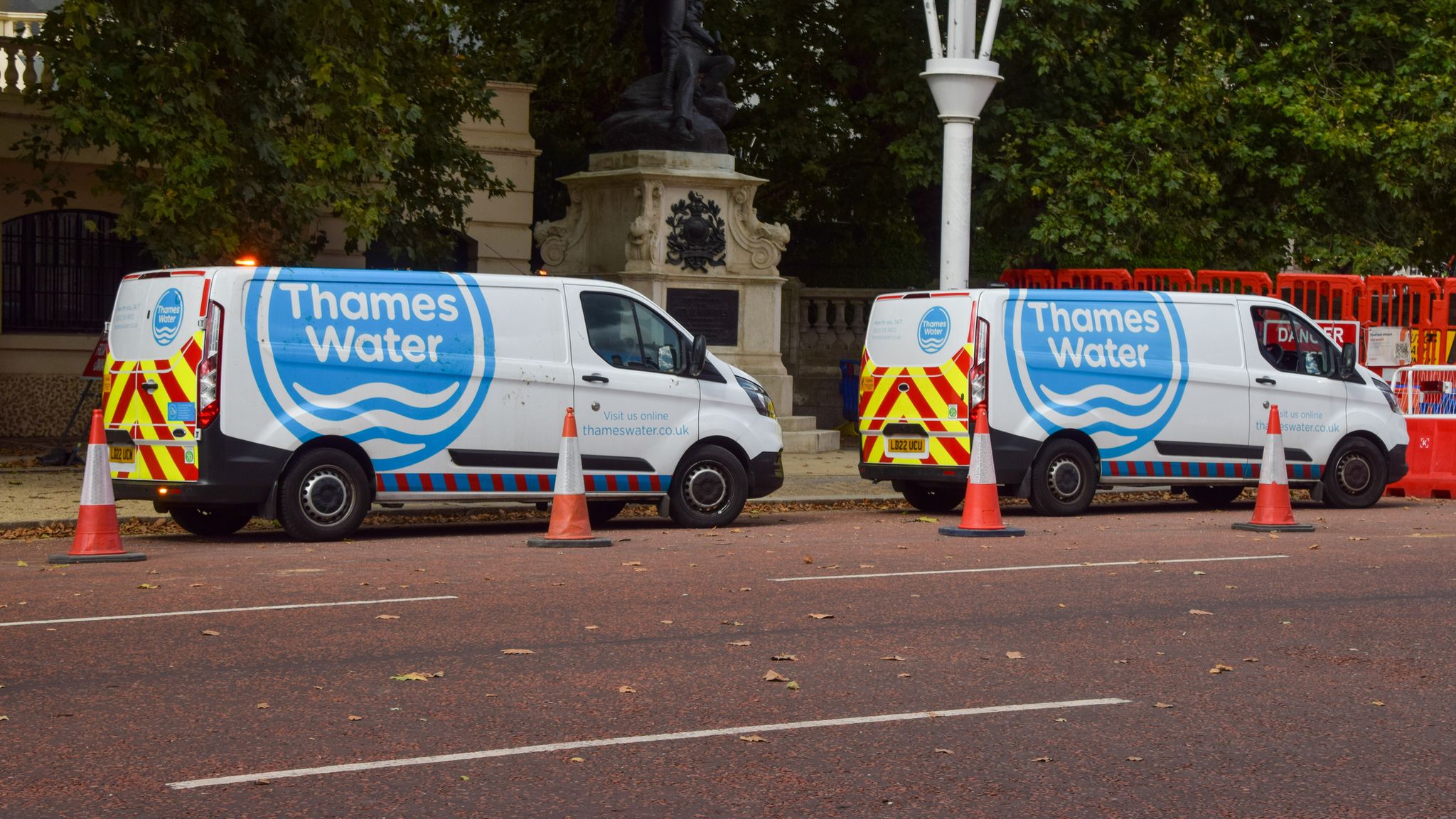
KKR Exit Leaves Thames Water on the Brink of Collapse
In a major blow to the already embattled Thames Water, the US private equity giant KKR has officially pulled out of a £4 billion rescue deal that was seen as vital to the company’s financial survival. This shocking development not only throws the future of the UK’s largest water supplier into deeper uncertainty but also raises the very real possibility of the company being temporarily nationalised.
Thames Water, which supplies around 16 million people across London and the South of England, had named KKR as its preferred investor earlier this year. The plan was for KKR to inject much-needed equity into the company, which is drowning in debt that has now ballooned to nearly £23 billion. But following the completion of due diligence, KKR communicated that it would not be proceeding with the deal. No official reason was given, but sources close to the matter suggest growing political scrutiny and regulatory uncertainty made the UK water sector an increasingly unattractive investment.
Also Read:- Cole Young’s Storybook MLB Debut Ends with Walk-Off RBI for Mariners
- The Tragic End of Sana Yousaf: A Silenced Voice in the Name of "Honour"
This exit comes at a time when Thames Water has been battling not just financial instability, but also reputational damage. Just last week, the company was slapped with a record £123 million in fines for multiple environmental and regulatory breaches — including unauthorized sewage spills and improper dividend payments. These penalties were a major red flag to any potential investor and have significantly weakened the company’s bargaining position.
The company's chairman, Sir Adrian Montague, called KKR's withdrawal "disappointing," but expressed continued commitment to seeking a sustainable recapitalisation plan. With KKR out, Thames Water is now leaning heavily on senior creditors who, it’s reported, already have an alternative equity-raising plan fully prepared. Negotiations with the regulator Ofwat and other stakeholders are now underway, and there's cautious optimism that a new deal could be finalized by July.
The stakes couldn’t be higher. If the company fails to secure fresh funding by the end of June, it may be placed into special administration — a mechanism allowing the government to temporarily take over operations to ensure that water services continue without disruption. It’s a dramatic turn for a company that, when privatised in 1989, had no debt at all.
This unfolding crisis not only spotlights the fragility of heavily-leveraged utility models but also triggers broader questions about regulation, corporate responsibility, and the role of private equity in essential public services. Thames Water’s future is hanging in the balance — and so, arguably, is the integrity of the UK’s privatised utility infrastructure.
Read More:



0 Comments